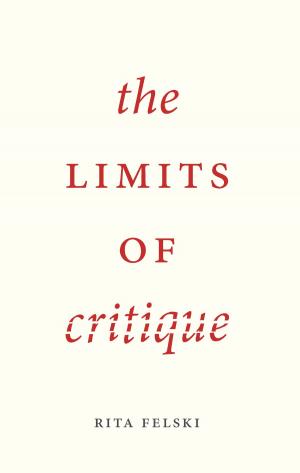Leonardo
A Biographical Novel
Nonfiction, History, Renaissance, Art & Architecture, Art History, Fiction & Literature| Author: | Curtis Bill Pepper | ISBN: | 9780911469370 |
| Publisher: | Alan C. Hood & Co., Inc. | Publication: | December 15, 2013 |
| Imprint: | Alan C. Hood & Co., Inc. | Language: | English |
| Author: | Curtis Bill Pepper |
| ISBN: | 9780911469370 |
| Publisher: | Alan C. Hood & Co., Inc. |
| Publication: | December 15, 2013 |
| Imprint: | Alan C. Hood & Co., Inc. |
| Language: | English |
This compelling novel takes the reader into the tumultuous period of the Renaissance and the origins of Leonardo da Vinci, the bastard child of a notary. Of da Vinci, the eminent art historian Kenneth Clark wrote, “no more complex and mysterious character ever existed than this Hamlet of art history.” Clark noted that one had to be “familiar with all of Leonardo's writings in their chronological order (and) the state of learning in the Renaissance to judge Leonardo's progress in relation to that of his contemporaries.”This compelling novel takes the reader into the tumultuous period of the Renaissance and the origins of Leonardo da Vinci, the bastard child of a notary. Of da Vinci, the eminent art historian Kenneth Clark wrote, “no more complex and mysterious character ever existed than this Hamlet of art history.” Clark noted that one had to be “familiar with all of Leonardo's writings in their chronological order (and) the state of learning in the Renaissance to judge Leonardo's progress in relation to that of his contemporaries.”
This compelling novel takes the reader into the tumultuous period of the Renaissance and the origins of Leonardo da Vinci, the bastard child of a notary. Of da Vinci, the eminent art historian Kenneth Clark wrote, “no more complex and mysterious character ever existed than this Hamlet of art history.” Clark noted that one had to be “familiar with all of Leonardo's writings in their chronological order (and) the state of learning in the Renaissance to judge Leonardo's progress in relation to that of his contemporaries.”This compelling novel takes the reader into the tumultuous period of the Renaissance and the origins of Leonardo da Vinci, the bastard child of a notary. Of da Vinci, the eminent art historian Kenneth Clark wrote, “no more complex and mysterious character ever existed than this Hamlet of art history.” Clark noted that one had to be “familiar with all of Leonardo's writings in their chronological order (and) the state of learning in the Renaissance to judge Leonardo's progress in relation to that of his contemporaries.”















